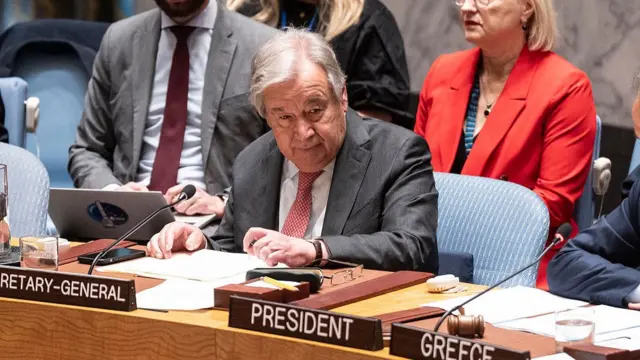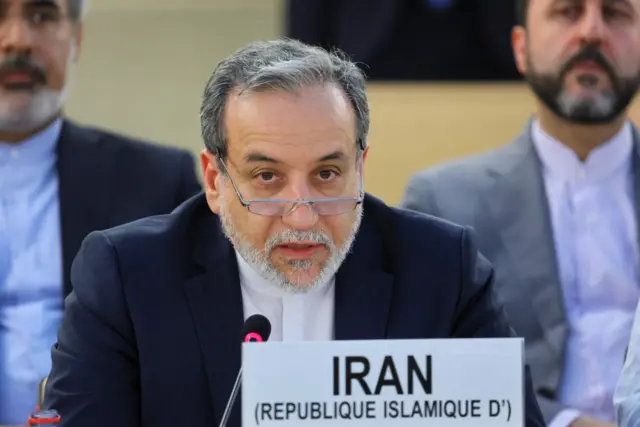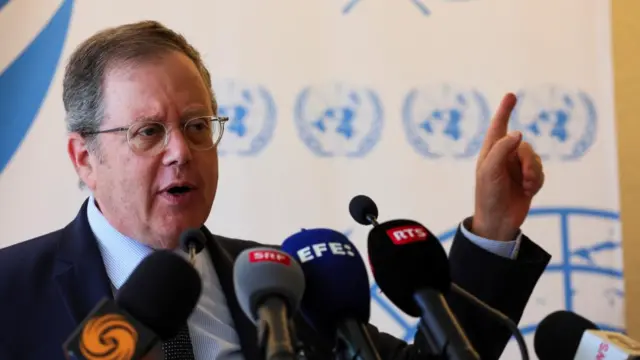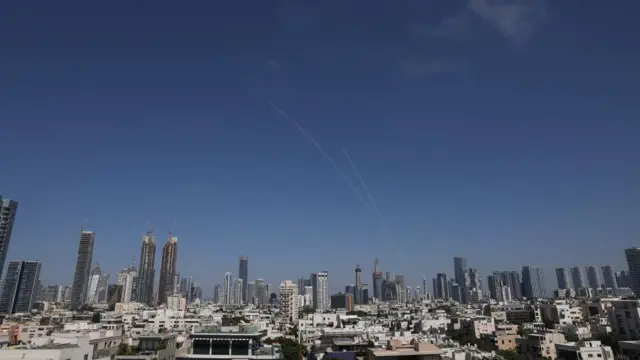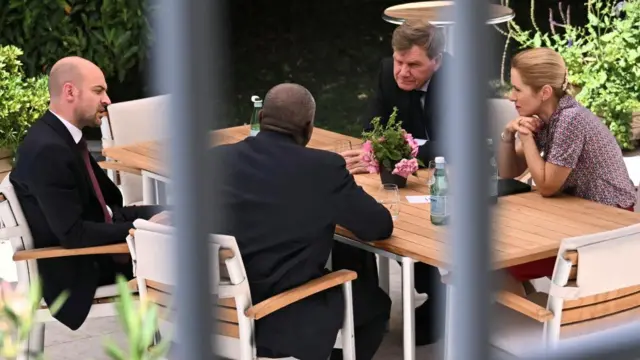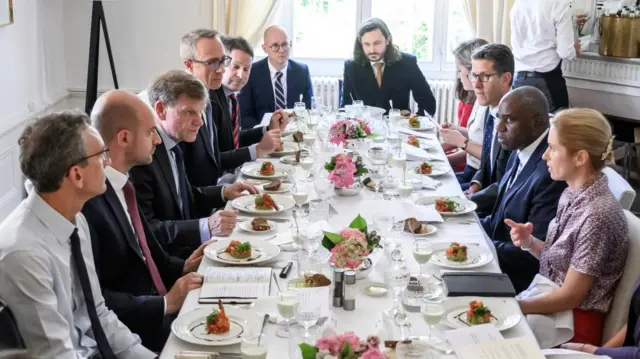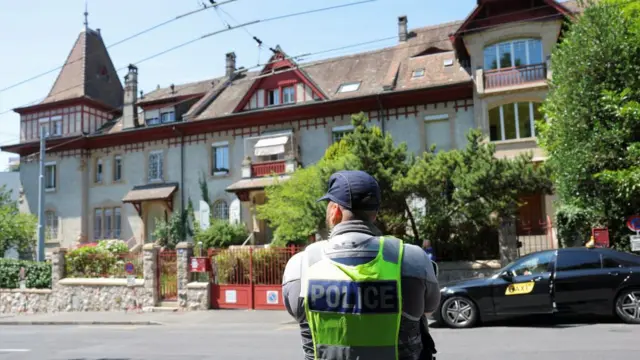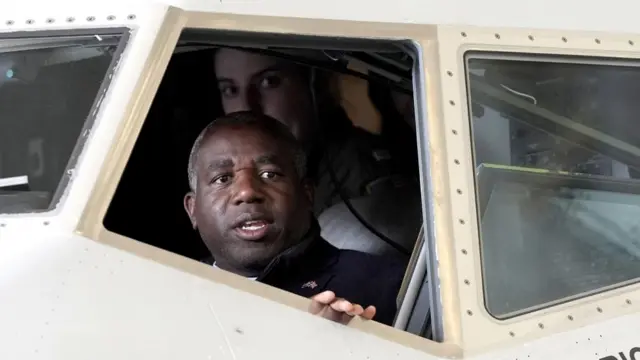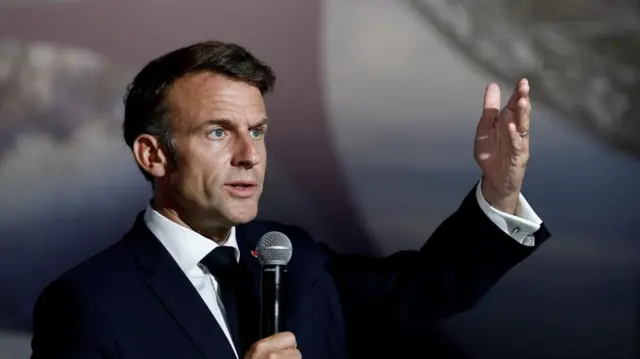Why can't Iran have nuclear weapons if other countries can?published at 16:53 BST 20 June
 Raffi Berg
Raffi Berg
Middle East digital editor
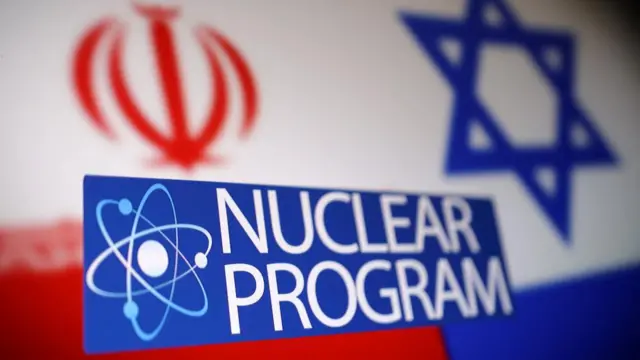 Image source, Reuters
Image source, ReutersOnly a handful of countries have nuclear weapons: the UK, US, Russia, China, France, India, Pakistan and North Korea. Israel is widely believed to have them but neither confirms nor denies this.
So, why can some countries have them and others can't?
The answer lies in a 1968 pact called the Treaty on the Non-Proliferation of Nuclear Weapons (NPT).
It says countries can have civilian nuclear programmes, but that no more countries should get nuclear weapons than already have them. The NPT is legally binding and the vast majority of countries signed up to it - including Iran.
However, Israel, India, Pakistan and South Sudan have not signed it, and North Korea has since pulled out.
India and Pakistan were not recognised as nuclear weapon states when the treaty began and they would be required to disarm if they joined it now. South Sudan is a relatively new country with no nuclear programme.
Israel has not signed because it pursues a policy of nuclear ambiguity as a tactic against foes and does not allow inspections of its nuclear facilities, which would be required under the NPT.
Iran, Arab countries and others have long demanded that Israel be pressured into disarming and being transparent about its nuclear programme, viewing Israel's supposed arsenal as a source of regional tension and a threat.
Iran has always denied seeking nuclear weapons and does not possess any, though many countries are not convinced by Iran's claim of peaceful intentions.
In 2002 it was discovered to have had a secret nuclear programme not allowed under the NPT, triggering a years-long crisis which in large part led to today's events.


